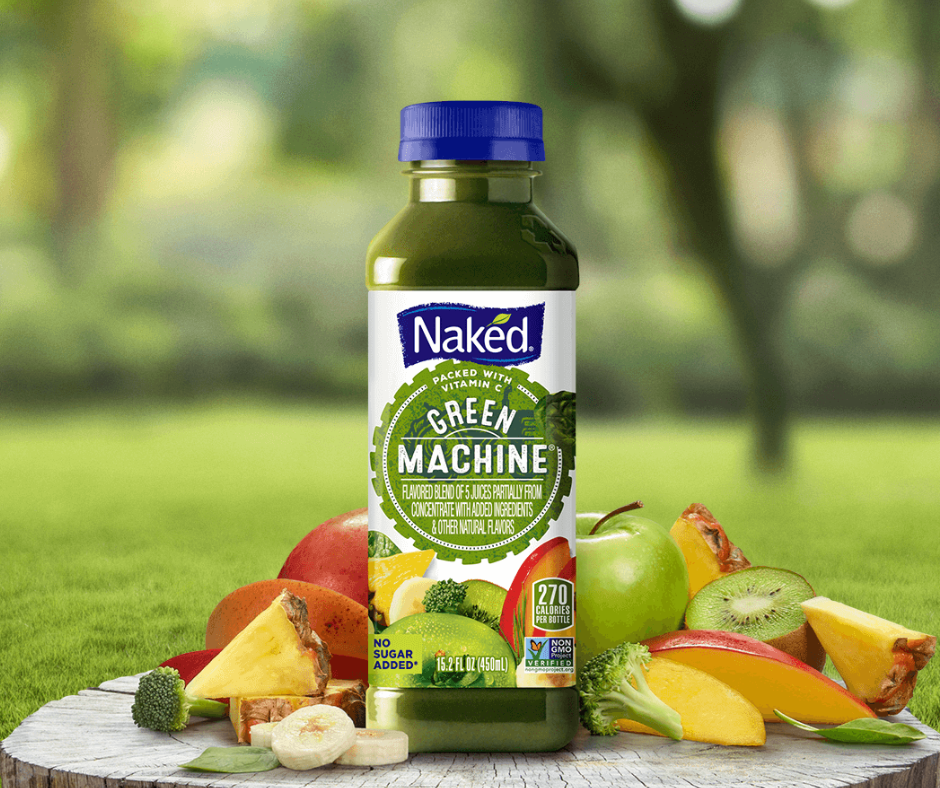Is Body Armor Good for You? Unveiling Health Truths
Body Armor drinks can be good for hydration and recovery due to their electrolytes and vitamins. Their suitability depends on individual health goals and dietary needs.
As people increasingly seek out alternatives to traditional sports drinks, Body Armor has gained attention for its range of electrolyte beverages. These drinks boast coconut water, antioxidants, and B vitamins, aiming to support hydration and athletic performance. Marketed as a healthier option, they often contain less sodium and more potassium than some competitors.
Athletes and fitness enthusiasts are drawn to Body Armor for its potential benefits during high-intensity workouts or prolonged sports activities. Nevertheless, consumers should be mindful of the sugar content and consider their overall dietary intake when incorporating these beverages into a regular diet. Choosing a drink like Body Armor involves balancing the advantages of electrolyte replenishment with the need to maintain a healthy and nutritionally balanced diet.

The Evolution Of Body Armor
Body armor has a rich history, dating back to ancient civilizations. Warriors once used materials like leather and metals to protect themselves in battle. As time progressed, the need for stronger and lighter armor grew. Modern body armor reflects these changes, utilizing sophisticated materials and designs.
Today’s protective gear includes bulletproof vests and tactical equipment. These vests commonly feature materials like Kevlar, a tough and lightweight synthetic fiber. Kevlar can stop bullets and reduce injury risks from different types of impacts. This makes it a favorite for law enforcement and military personnel.
Aside from being bullet-resistant, modern body armor also offers stab and spike protection. Ensuring safety against a variety of threats is a key focus for recent advancements. As threats evolve, body armor continues to adapt, striving to offer optimal protection in diverse situations.

Deconstructing The Purpose Of Body Armor
Body armor provides vital protection for security forces. These professionals face daily threats that require reliable defense. This gear shields them from bullets and other dangers. Its design meets strict safety standards.
Civilians also turn to body armor for personal safety. Despite its uncommon usage in everyday life, some individuals feel more secure with it. They might live in high-risk areas or hold jobs with unpredictable risks.
Physical Considerations For Body Armor
Choosing the right body armor is crucial due to its weight impact. Heavy gear can protect you, but may slow you down. Lighter armor enhances mobility but might offer less protection. Splitting these into two key points:
- The Weight Factor: It can be both a protective asset and a hindrance for movement.
- Mobility Constraints: Lighter armor improves freedom of movement, important for quick response.
Ergonomic design plays a vital role in wearing body armor effectively. Taking into account body shape and movement, good design helps prevent discomfort and injury. A well-designed armor supports your body’s natural posture and allows easy motion.
Health Implications Of Long-term Usage
Wearing body armor for long periods can lead to musculoskeletal strain. This strain affects your muscles and bones. Your back, shoulders, and neck might hurt. Over time, this might cause serious injury.
Carrying this extra weight makes your body work harder. Your muscles can become tired and sore. You might change how you walk to stay comfortable. This change can hurt your posture and joints.
Wearing armor all the time can also affect your mind. You might feel you are always in danger. This feeling can make you very stressed or scared. Some people can also feel trapped in their armor. Being constantly on guard isn’t good for your mental health.
Nutritional And Fitness Advice For Armor Wearers
Proper diet is key to sustaining energy with body armor. Carrying heavy gear calls for special dietary needs. Focus on lean proteins, complex carbohydrates, and healthy fats. These essential nutrients fuel the body for peak performance. Body armor wearers should eat small, frequent meals. This maintains steady energy levels throughout the day.
Specific exercises can help with heavy gear. Strength training targets endurance and muscle power. Incorporate weighted vests to simulate armor during workouts. This preps the body for the added weight. Aim for full-body workouts with emphasis on core stability. This approach helps to minimize fatigue and increase combat readiness.
Adapting Body Armor For Optimal Health
Body armor has seen significant innovation, especially in materials used for construction. Cutting-edge fabrics and compounds are now employed to ensure maximum comfort while maintaining safety. Features such as breathability, flexibility, and lightweight design are central in modern armor production. Aimed at reducing the strain on the body, producers are focusing on ergonomic designs that contour to the wearer’s movements.
Health concerns related to prolonged body armor use include muscle fatigue and skin irritations. To address such issues, custom body armor options have been developed. These allow for improved weight distribution and reduced friction against the skin. Custom fit options ensure that body armor does not hinder circulation, which is critical for long periods of use. The goal is to provide protection without sacrificing the wearer’s comfort or health.

Frequently Asked Questions For Is Body Armor Good For You
What Are The Health Benefits Of Body Armor?
Body armor beverages contain electrolytes and vitamins beneficial for hydration and recovery. Especially after intense physical activities, they help replenish lost minerals and support the immune system due to their vitamin content. However, consumption should align with individual health goals and dietary needs.
Is Body Armor Better Than Water For Hydration?
For standard hydration needs, water is sufficient and calorie-free. However, during extensive exercise or high heat situations, body armor can provide added electrolytes and nutrients that water lacks. It’s best for athletes or those with significant fluid loss to support optimal hydration.
Can Body Armor Improve Athletic Performance?
Body armor can contribute to improved athletic performance by maintaining electrolyte balance, which is crucial during prolonged physical activity. The added vitamins and sugar can offer an energy boost, but it’s important to balance intake with overall diet and exercise intensity.
How Does Body Armor Compare To Sports Drinks?
Body armor typically has a higher vitamin content and natural sweeteners, differentiating it from traditional sports drinks. It’s marketed as a premium hydration option with coconut water as a base for electrolytes, positioning it as a healthier alternative that could aid in better hydration.
Conclusion
Navigating the benefits of body armor reveals its potential for enhancing personal safety. It’s vital to assess individual needs against its protective advantages. For those facing risk, it can be a wise investment. Always prioritize quality and comfort. Ultimately, body armor aligns with proactive well-being.
Choose wisely; stay protected.
